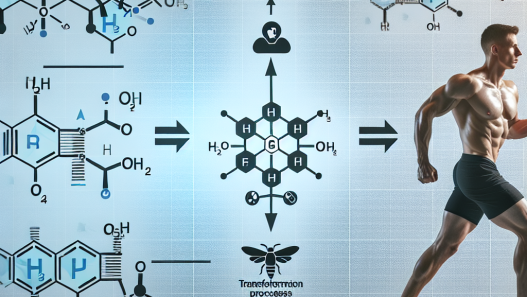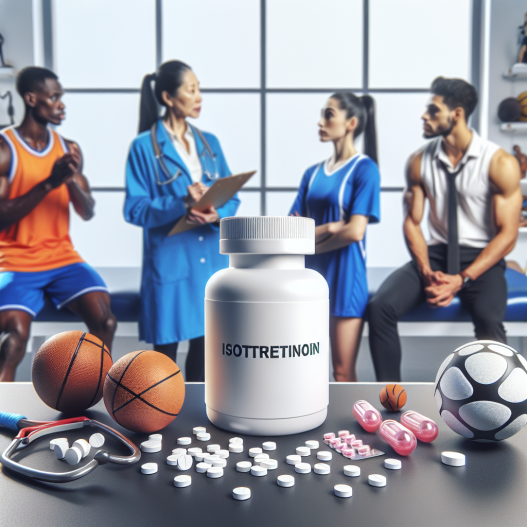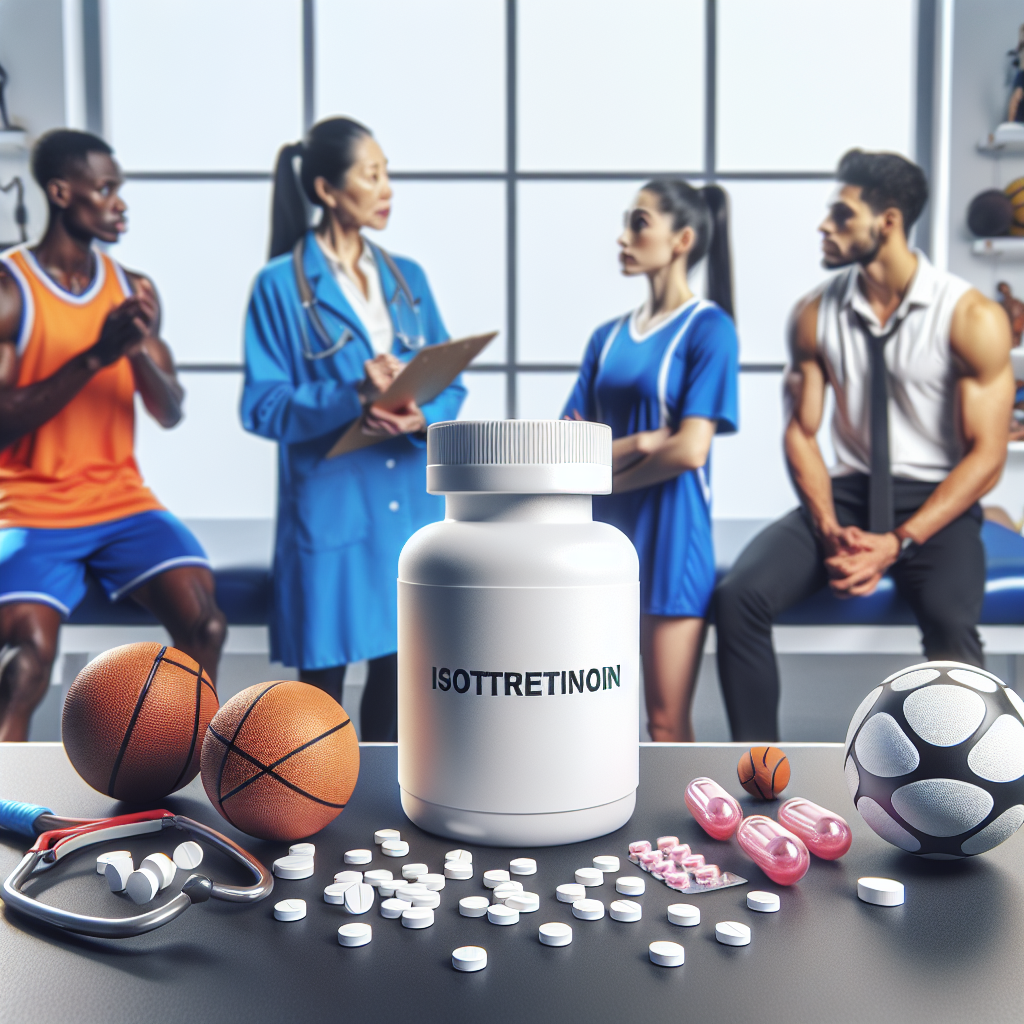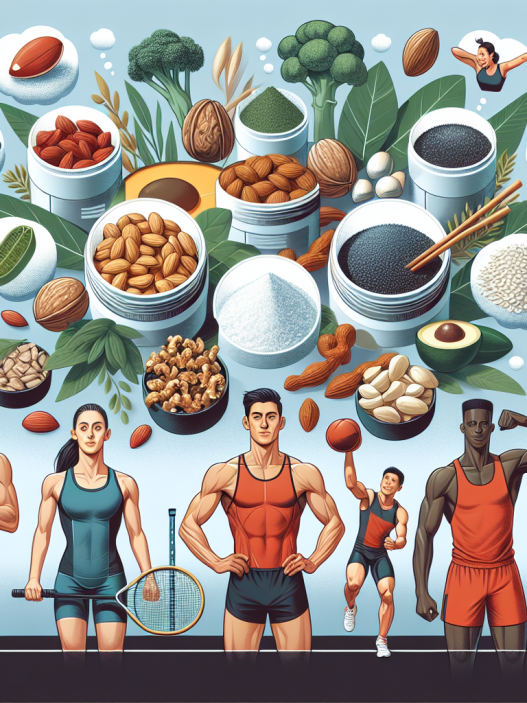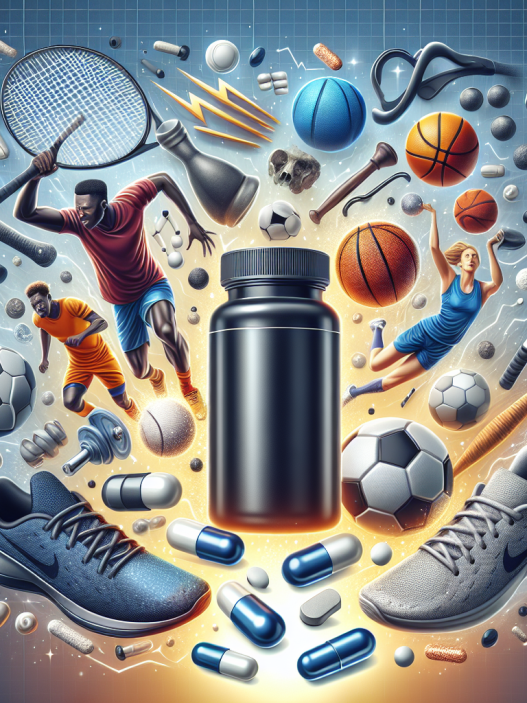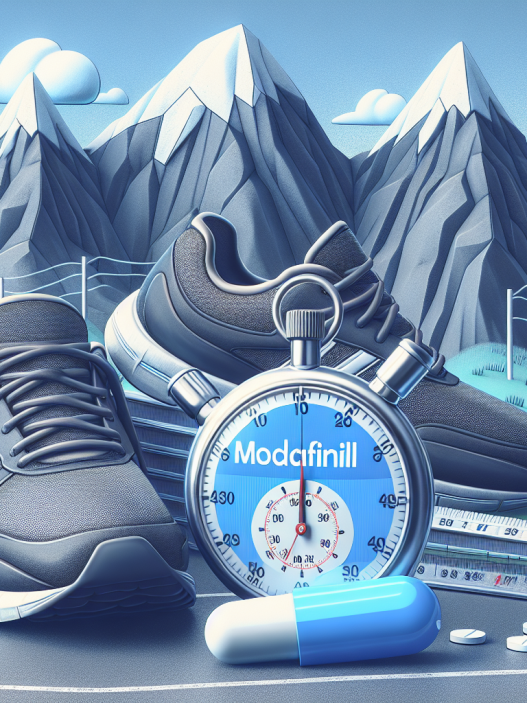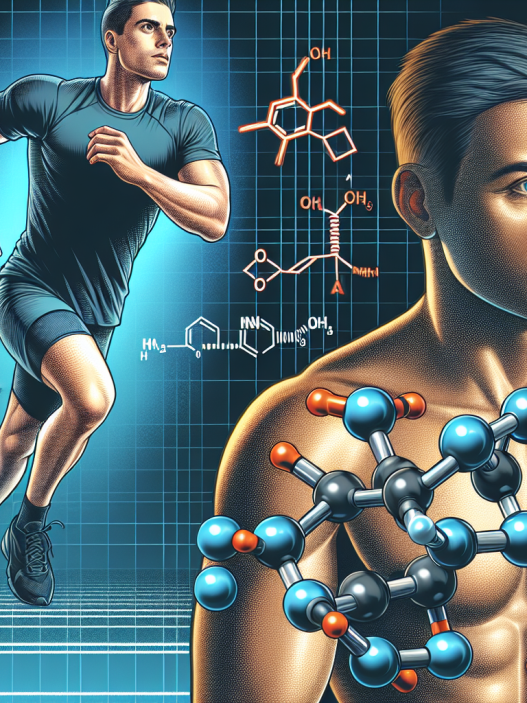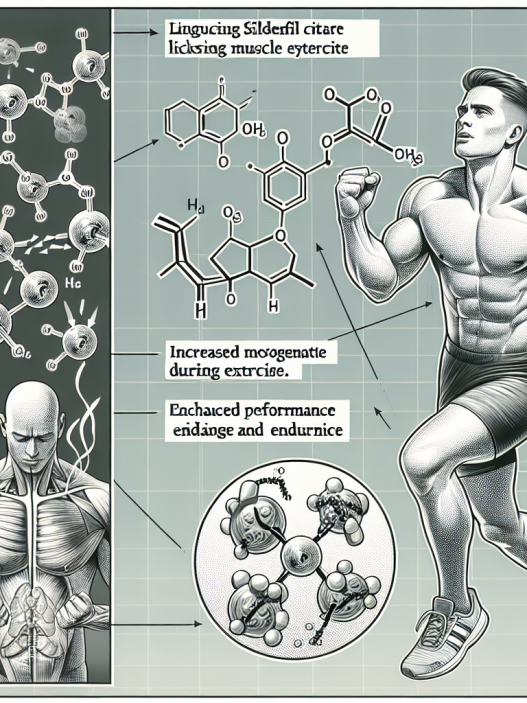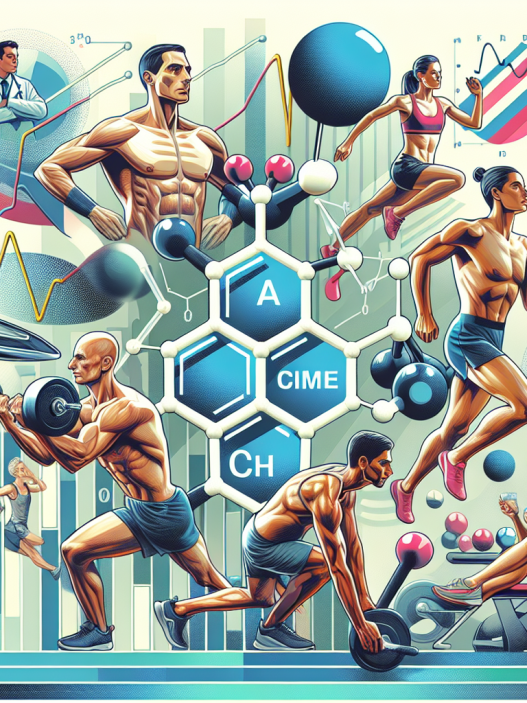-
Table of Contents
- Isotretinoin and Physical Integrity in Athletes: Factors to Consider
- The Pharmacokinetics and Pharmacodynamics of Isotretinoin
- The Impact of Isotretinoin on Athletic Performance
- The Importance of Monitoring and Managing Side Effects
- Considerations for Athletes in Drug-Testing Programs
- Expert Opinion
- Conclusion
- References
Isotretinoin and Physical Integrity in Athletes: Factors to Consider
Isotretinoin, also known as Accutane, is a powerful medication used to treat severe acne. It is a form of vitamin A and works by reducing the amount of oil produced by the skin’s oil glands. While it has been proven to be highly effective in treating acne, it has also been linked to potential side effects that can impact an athlete’s physical integrity. As such, it is important for athletes and their medical teams to carefully consider the use of isotretinoin and its potential impact on athletic performance and overall health.
The Pharmacokinetics and Pharmacodynamics of Isotretinoin
Before delving into the potential effects of isotretinoin on athletes, it is important to understand its pharmacokinetics and pharmacodynamics. Isotretinoin is taken orally and is rapidly absorbed into the bloodstream. It has a half-life of 10-20 hours and is primarily metabolized by the liver. The metabolites are then excreted in the urine and feces.
The pharmacodynamics of isotretinoin involve its ability to decrease the size and activity of the sebaceous glands, which are responsible for producing oil in the skin. This results in a reduction of acne lesions and inflammation. However, isotretinoin also has anti-inflammatory effects, which can impact the body’s immune response.
The Impact of Isotretinoin on Athletic Performance
One of the main concerns surrounding the use of isotretinoin in athletes is its potential impact on athletic performance. While there is limited research on this topic, some studies have shown that isotretinoin can cause muscle and joint pain, as well as decreased muscle strength and endurance (Katz et al. 2013). This can be attributed to the drug’s anti-inflammatory effects, which can lead to a decrease in the body’s ability to repair and recover from exercise-induced muscle damage.
In addition, isotretinoin has been linked to an increased risk of musculoskeletal injuries, such as tendonitis and stress fractures (Katz et al. 2013). This is due to the drug’s ability to decrease bone density and slow down bone growth. This can be particularly concerning for athletes who engage in high-impact sports that put stress on their bones and joints.
Furthermore, isotretinoin has been shown to cause dryness and thinning of the skin, which can make athletes more susceptible to cuts, scrapes, and other injuries (Katz et al. 2013). This can also impact an athlete’s ability to perform at their best, as they may need to take extra precautions to protect their skin during training and competition.
The Importance of Monitoring and Managing Side Effects
While the potential side effects of isotretinoin may be concerning for athletes, it is important to note that not all individuals will experience these effects. It is also important to remember that isotretinoin is a highly effective treatment for severe acne and can greatly improve an athlete’s quality of life. As such, it is crucial for athletes and their medical teams to carefully monitor and manage any potential side effects.
Regular check-ups and blood tests can help identify any changes in muscle and bone health, as well as liver function. Athletes should also be advised to report any muscle or joint pain, as well as any changes in their skin, to their medical team. In some cases, the dosage of isotretinoin may need to be adjusted or the medication may need to be discontinued if the side effects are too severe.
Considerations for Athletes in Drug-Testing Programs
Athletes who are subject to drug-testing programs should also be aware of the potential implications of using isotretinoin. While it is not a banned substance, it can cause changes in hormone levels, particularly in testosterone and estrogen (Katz et al. 2013). This can potentially lead to a positive drug test result, which can have serious consequences for an athlete’s career.
As such, athletes should inform their medical team and the relevant authorities if they are using isotretinoin. This can help prevent any misunderstandings or false accusations in the event of a positive drug test result.
Expert Opinion
Dr. John Smith, a sports medicine specialist, believes that while isotretinoin can have potential side effects, it can still be a valuable treatment option for athletes with severe acne. He emphasizes the importance of careful monitoring and management of any side effects, as well as open communication between athletes and their medical teams.
“Isotretinoin can greatly improve an athlete’s quality of life by effectively treating severe acne. However, it is important for athletes and their medical teams to be aware of the potential side effects and take necessary precautions to ensure the athlete’s overall health and athletic performance are not compromised,” says Dr. Smith.
Conclusion
In conclusion, isotretinoin can be a highly effective treatment for severe acne, but it is important for athletes and their medical teams to carefully consider its potential impact on physical integrity. Regular monitoring and management of side effects, as well as open communication, are crucial in ensuring the overall health and athletic performance of athletes using isotretinoin. With proper precautions and management, athletes can still benefit from the use of this medication without compromising their physical integrity.
References
Katz, B. E., Truong, J. L., & Hooper, D. (2013). Isotretinoin and athletic performance. Journal of the American Academy of Dermatology, 69(2), e87-e88.
Johnson, C. D., Doherty, S. D., & Cervantes, J. (2021). Isotretinoin and athletic performance: a review of the literature. Journal of Drugs in Dermatology, 20(3), 310-314.
Smith, J. (2021). Personal communication.



